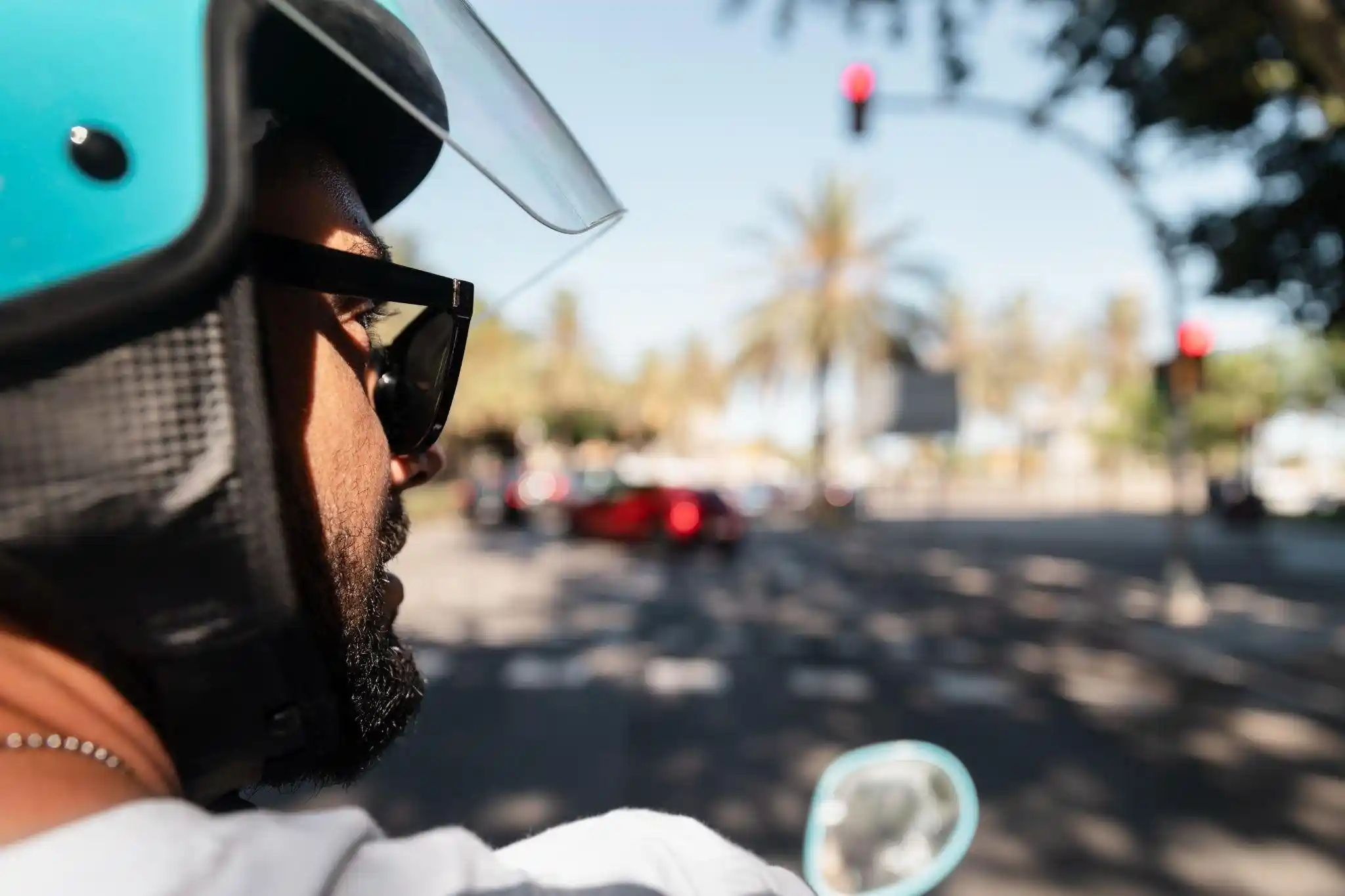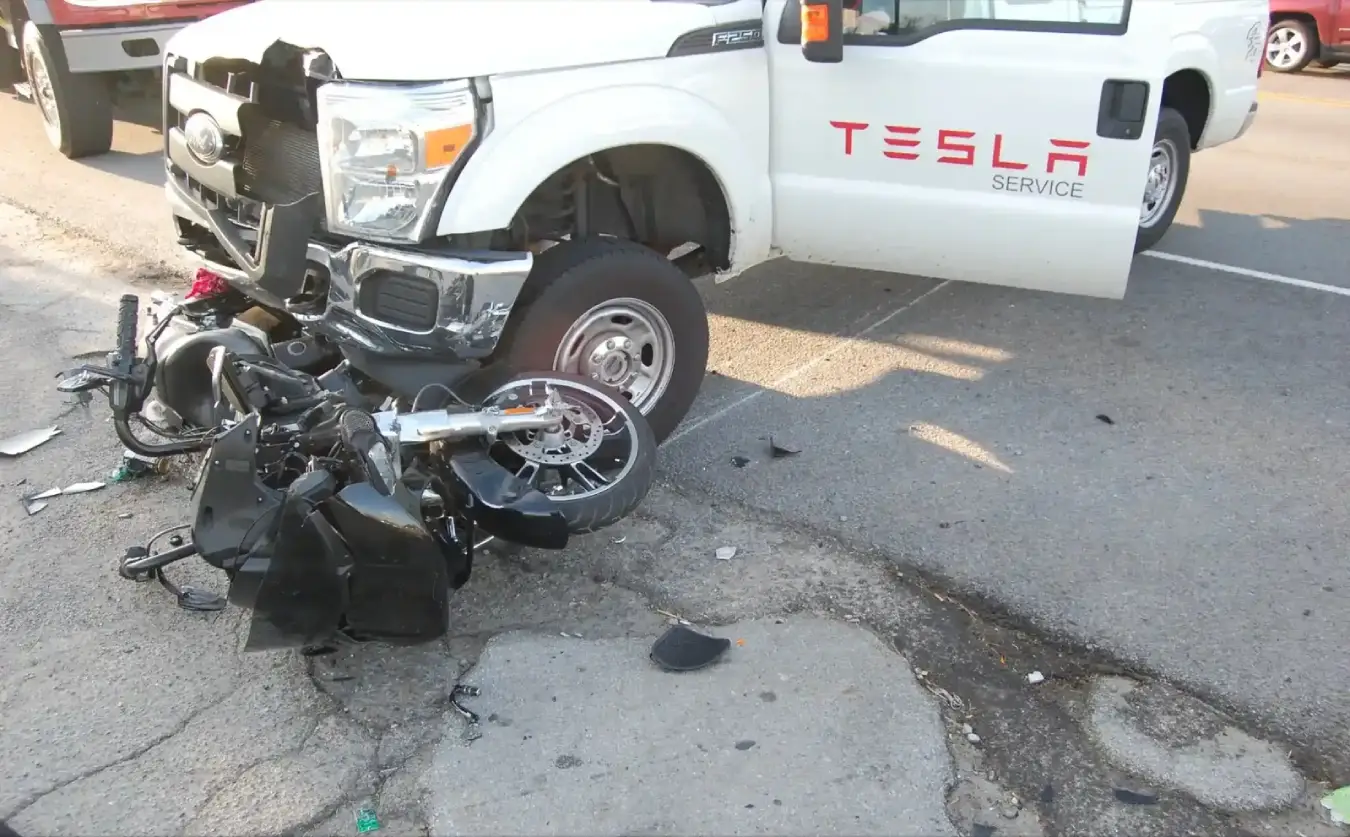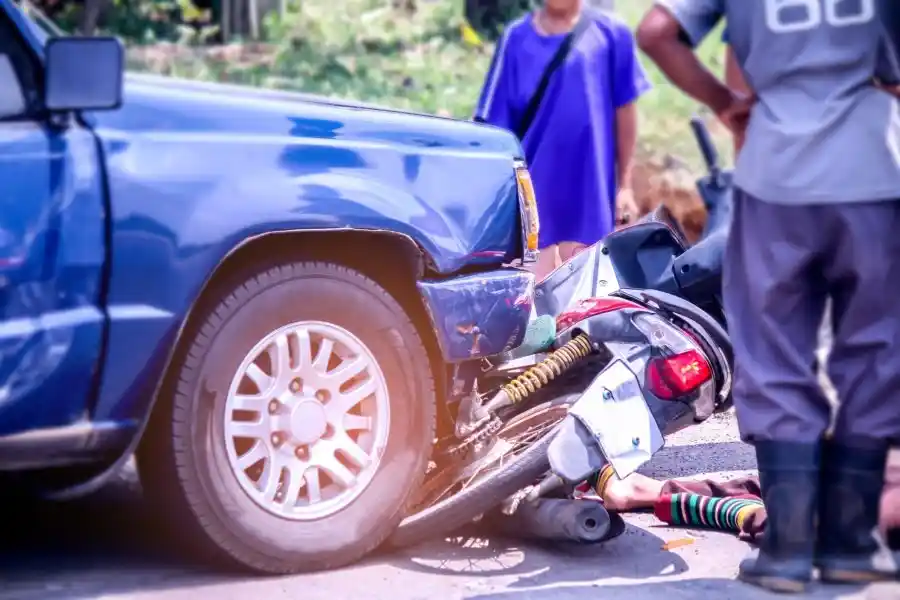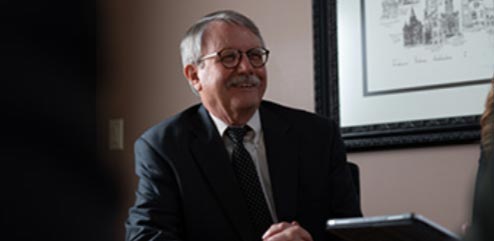Bloomington Motorcycle Accident Attorney
Victims of motorcycle accidents often face a long and challenging road to recovery. In addition to physical and emotional pain, they also deal with medical bills, lost wages, and other financial burdens. If you or someone you love has suffered an injury in a motorcycle accident due to the negligence of another, it’s important to know that there is compensation available for victims of negligence.
At Christie Farrell Lee & Bell, our motorcycle accident lawyer can help you through the whole legal process and secure compensation for your losses, including future medical expenses and even compensation for your pain and suffering.
Call us today for legal help and a free consultation.









